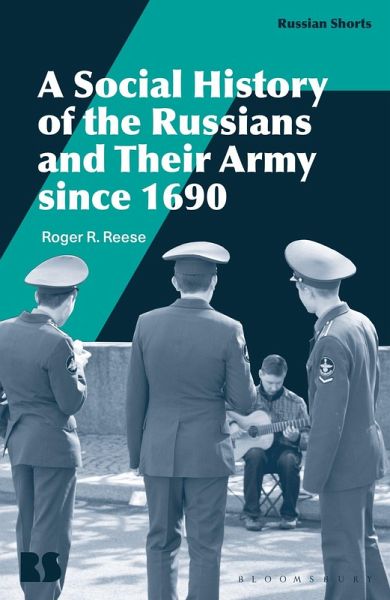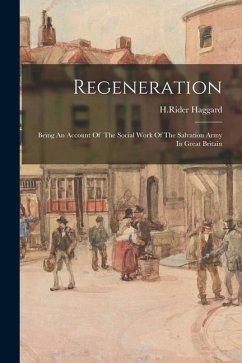
A Social History of the Russians and Their Army since 1690
Versandkostenfrei!
Erscheint vorauss. 19. Februar 2026
14,99 €
inkl. MwSt.
Weitere Ausgaben:

PAYBACK Punkte
7 °P sammeln!
This book skilfully probes the conflicted relationship that the Russian peoples have had with their army, most often seeing service as a burden to the individual and family, yet a necessary one to defend the interests of the nation/empire. Roger R. Reese reflects on the fact that even from before its formal institutionalization by Peter I, military service and the army as an institution have not been held in high regard by the Russian peoples, except briefly in exceptional circumstances. Reese examines, illustrates, and explains the varying relationships and expectations of all involved in mil...
This book skilfully probes the conflicted relationship that the Russian peoples have had with their army, most often seeing service as a burden to the individual and family, yet a necessary one to defend the interests of the nation/empire. Roger R. Reese reflects on the fact that even from before its formal institutionalization by Peter I, military service and the army as an institution have not been held in high regard by the Russian peoples, except briefly in exceptional circumstances. Reese examines, illustrates, and explains the varying relationships and expectations of all involved in military service - in their own words wherever possible. From the top down, A Social History of the Russian Army shows what the state, whether tsarist, Soviet, or post-Soviet, expected of the army as an organisation and of its members. From the middle, it shows the expectations and behaviors of army leaders, from ensigns to generals and how they related to each other, their soldiers, and civilians. While at the bottom, the book examines the expectations, behaviors, and feelings about service of the enlisted men. Outside the army, civilian attitudes toward the military are probed to reveal what they envisaged from the military, their willingness or unwillingness to serve, and their views of the army as an institution - views that ranged from seeing it as an oppressive force in the hands of the state to a symbol of patriotism. Throughout, this volume emphasizes the agency of all members of society and the army and the degree to which they used it in their interests or in the interest of the army or the state.












